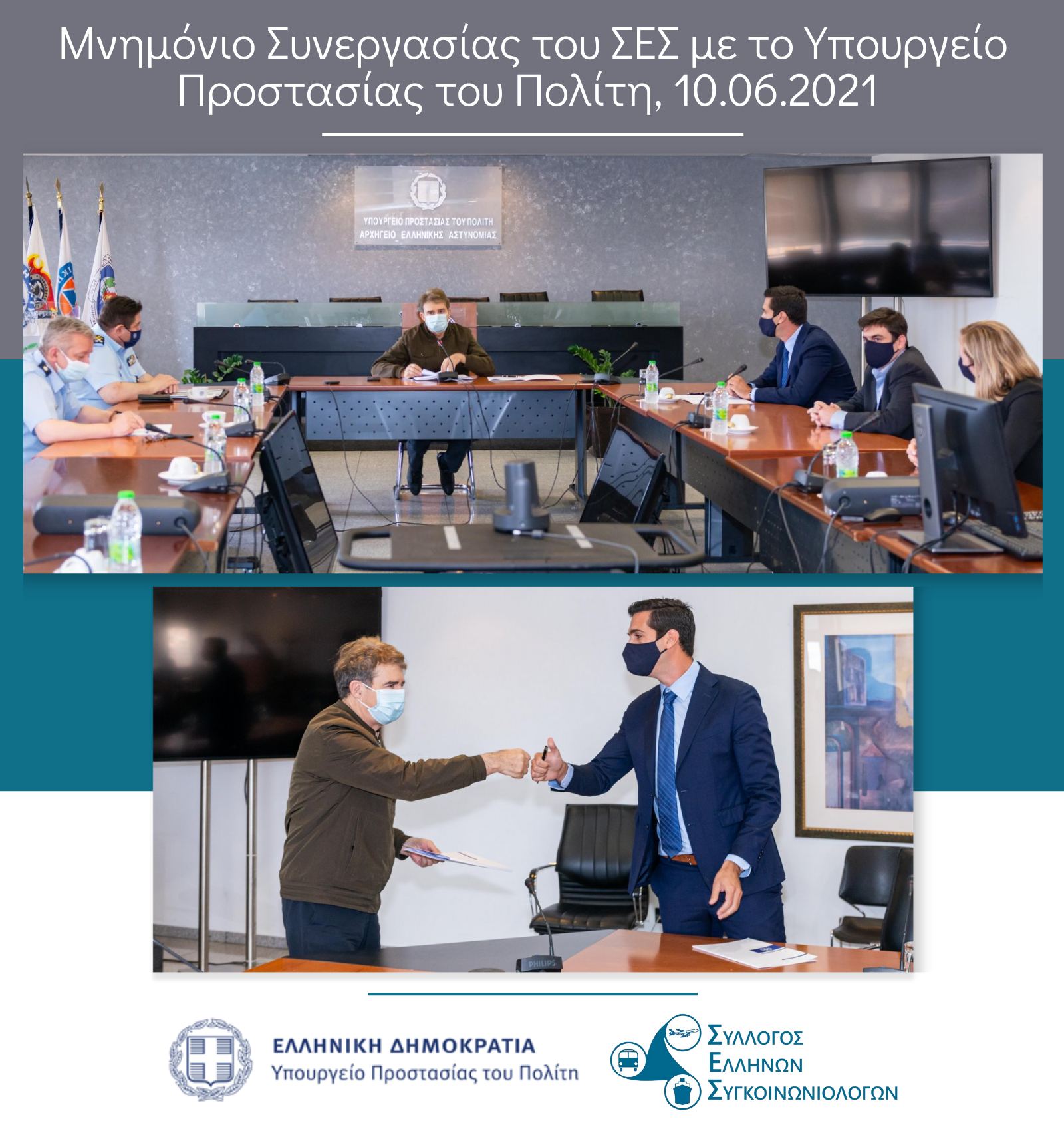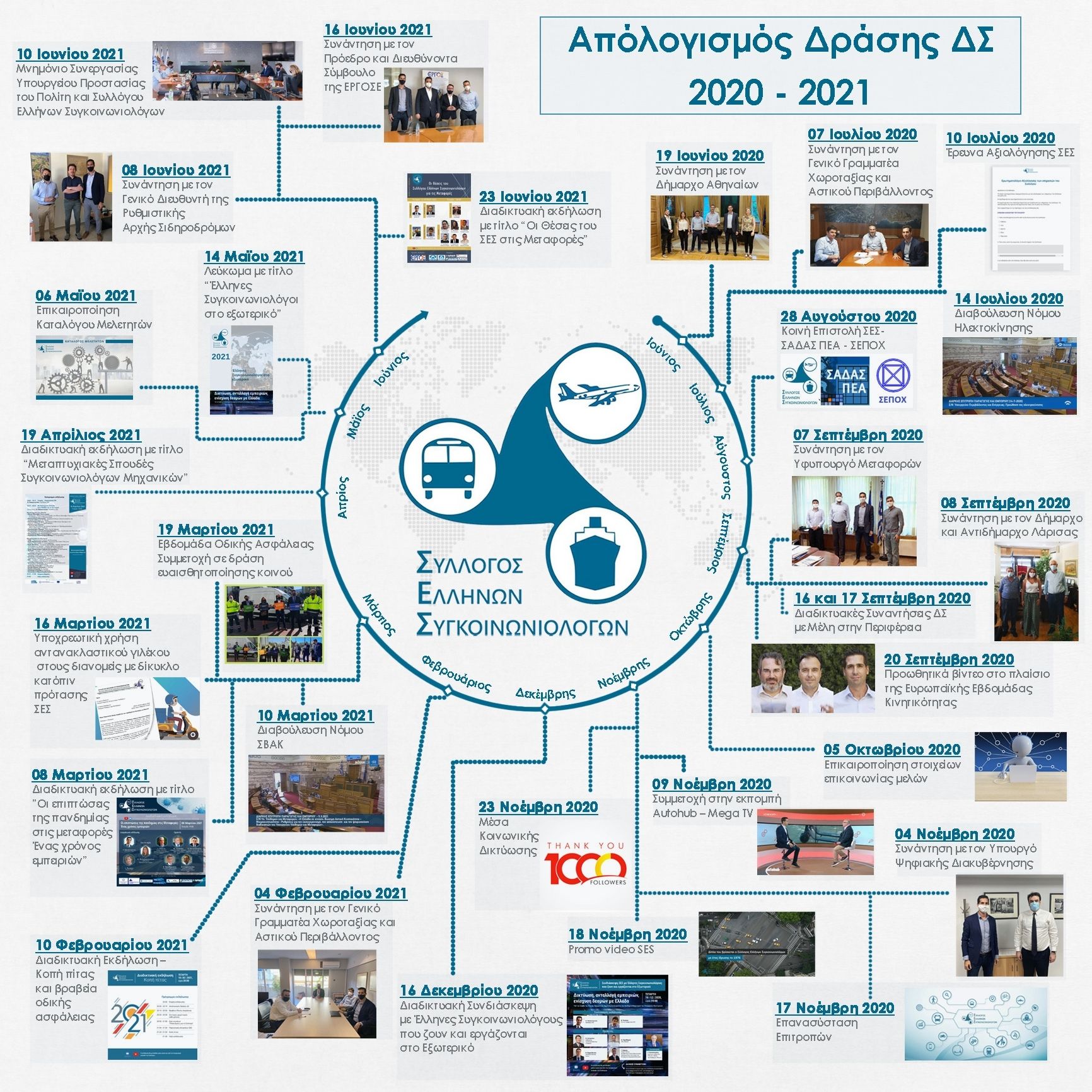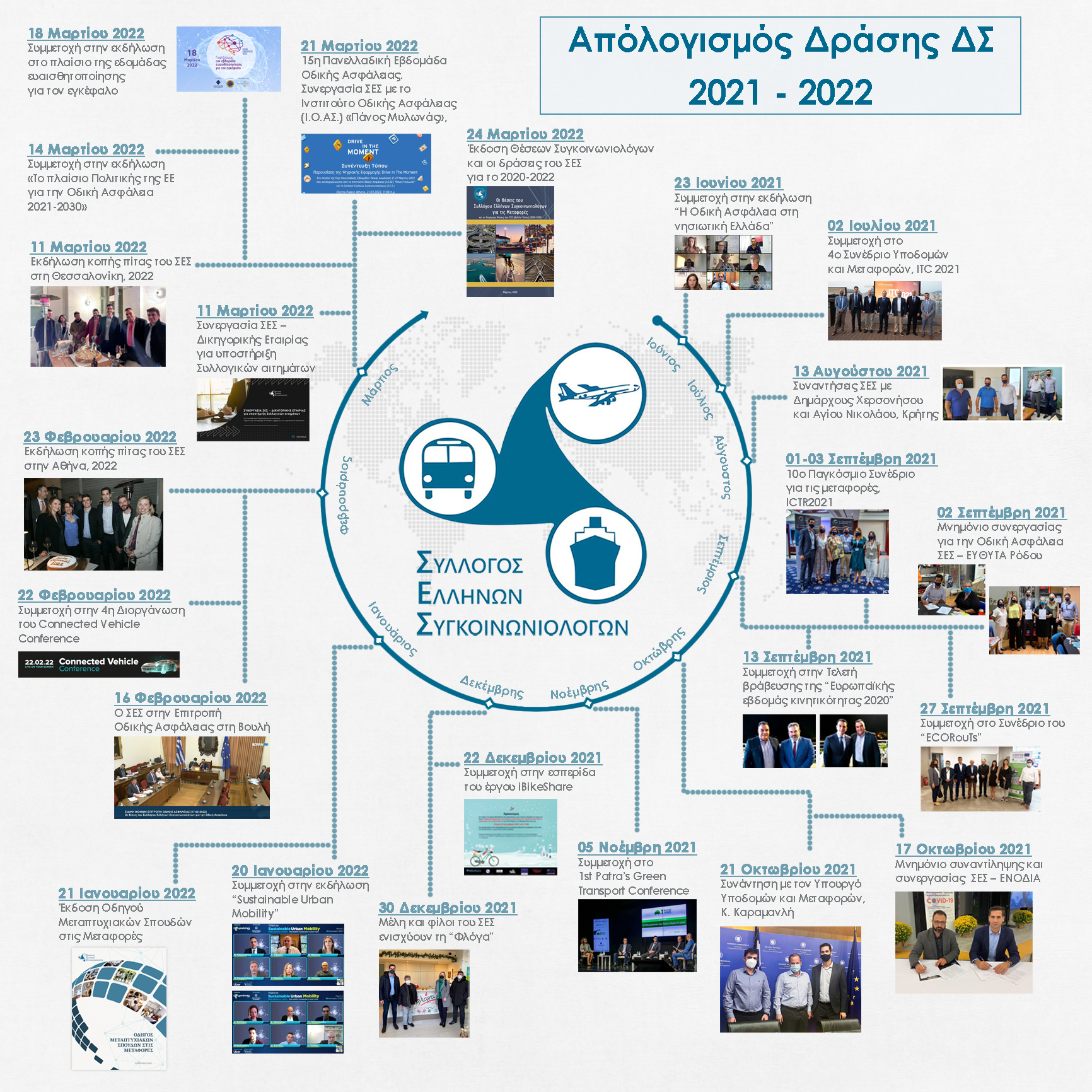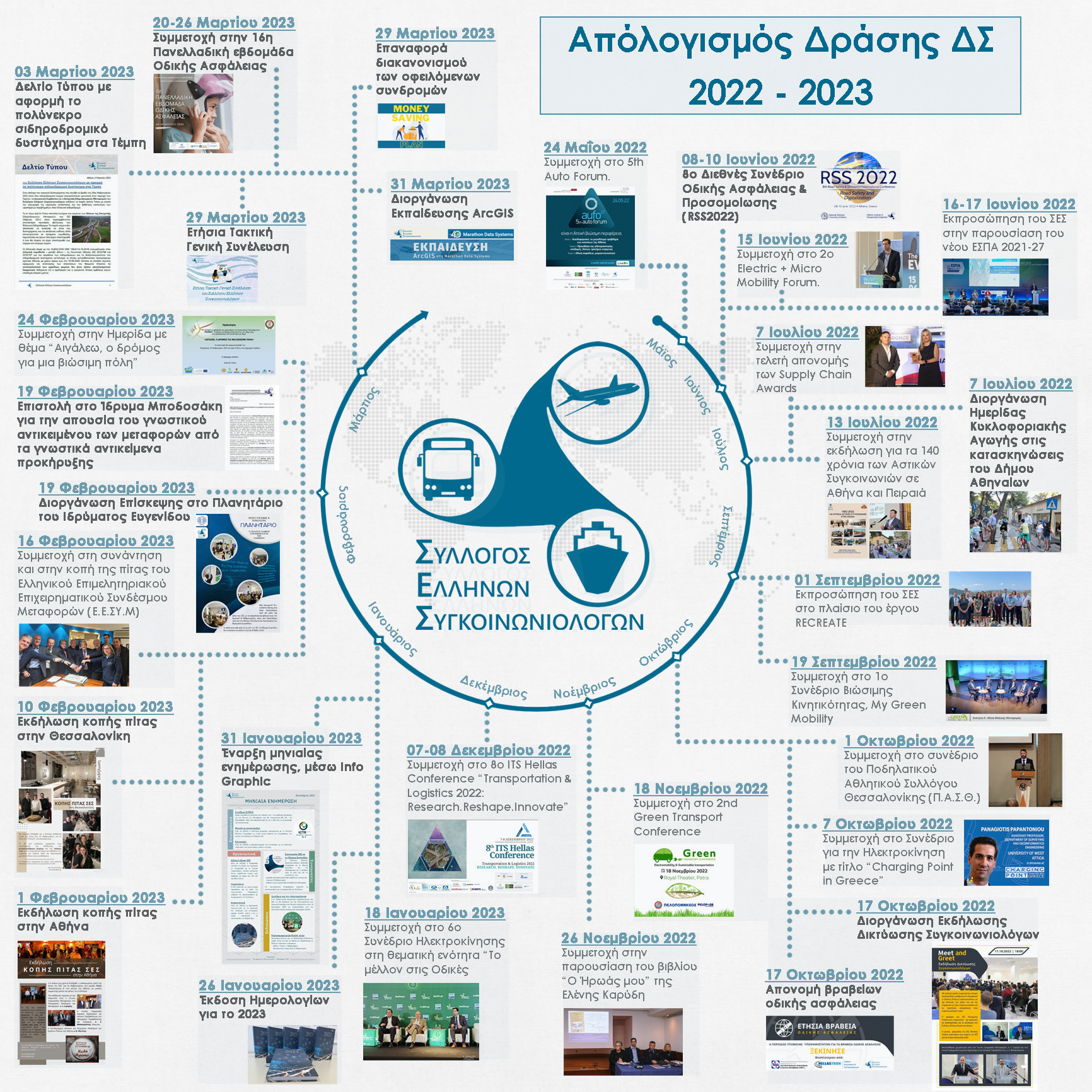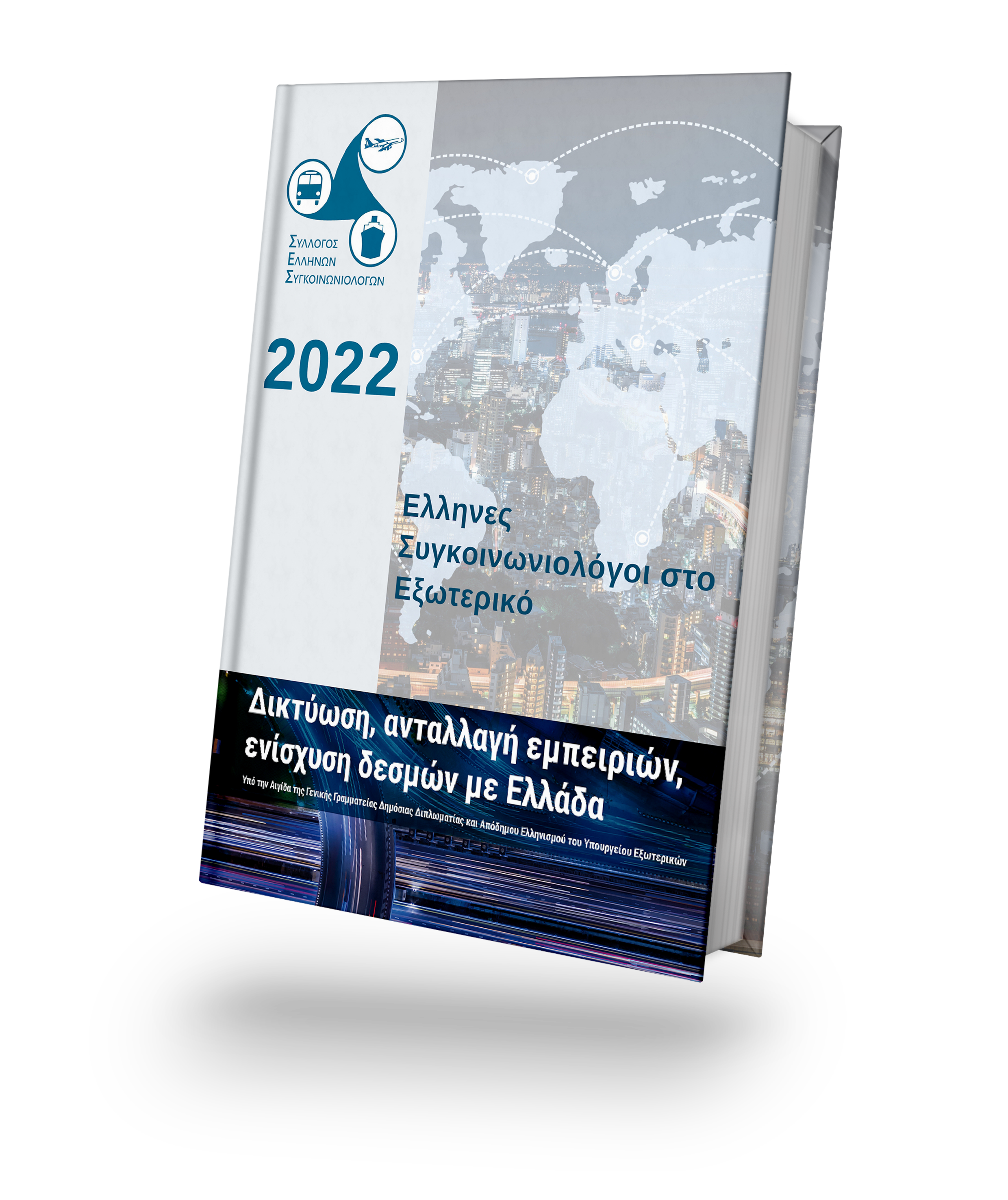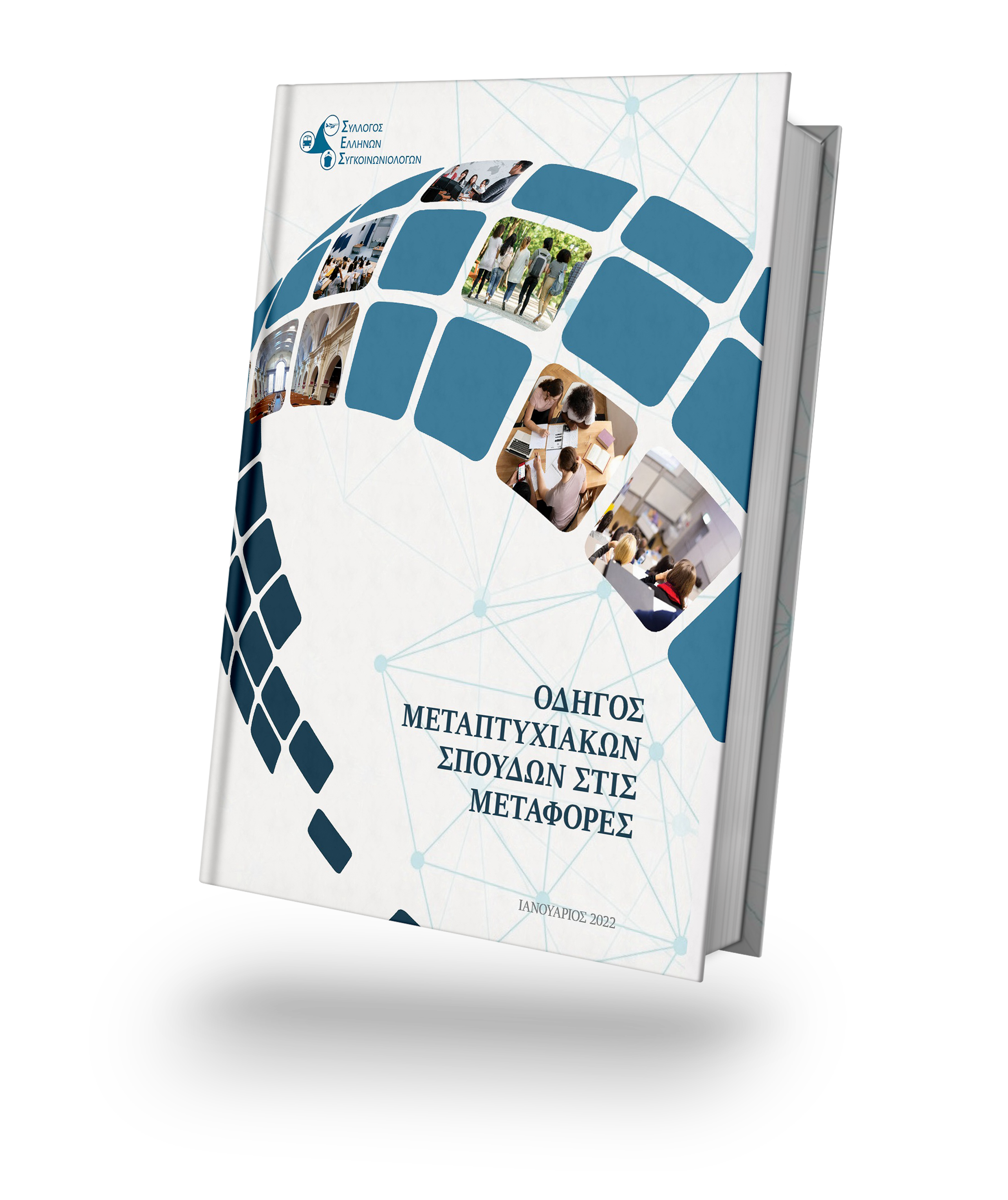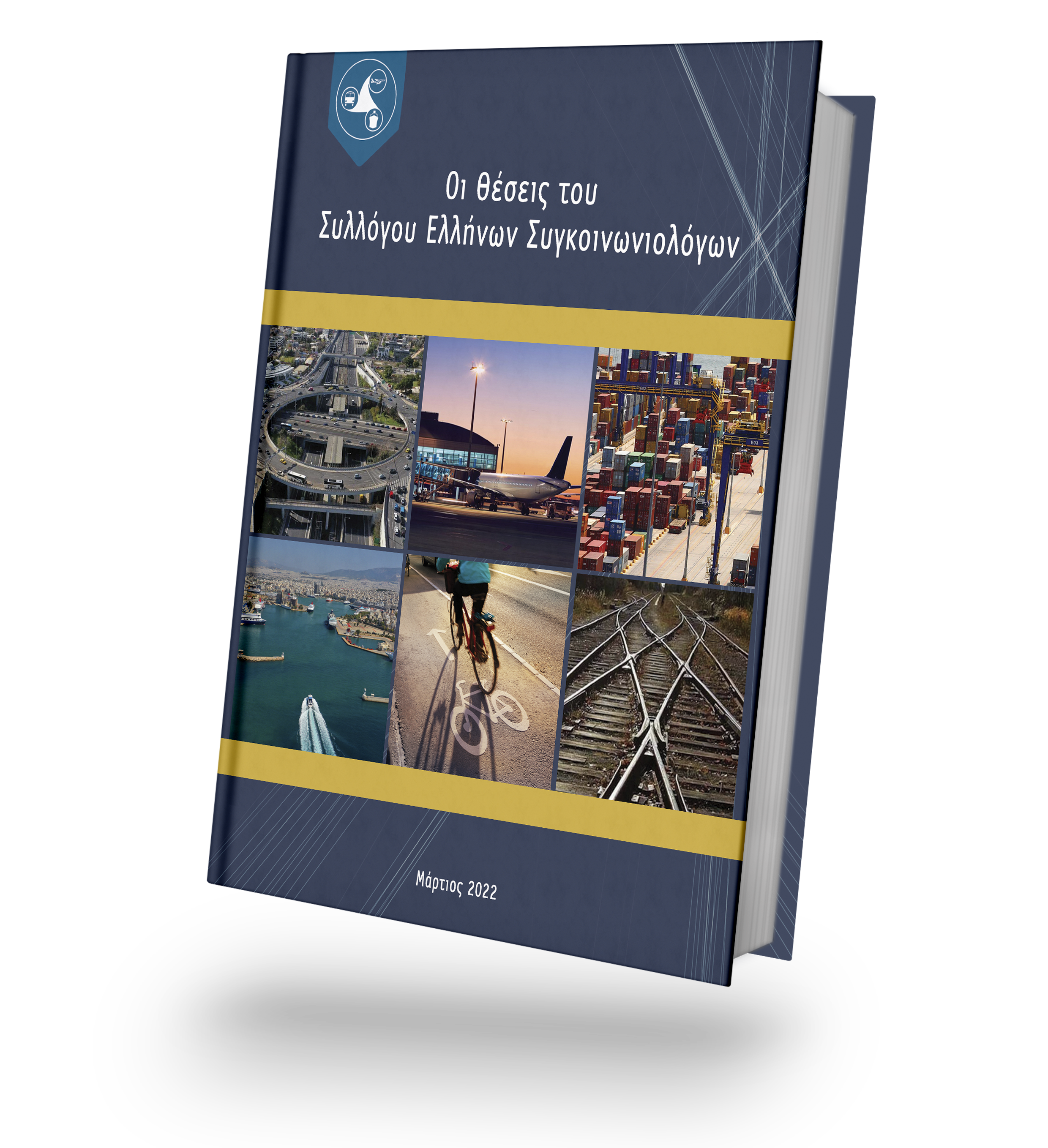- Σύνδεση

Θέσεις post-doc στη Γερμανία
Ακολουθεί ανακοίνωση για θέσεις post-doc στη Γερμανία (Πανεπιστήμιο του Darmstadt). Οι ενδιαφερόμενοι παρακαλούνται να επικοινωνήσουν με τον Καθηγητή ΕΜΠ κ. Β. Ψαριανό (bpsarian@mail.ntua.gr, 210 772 2628). The university has started a post-doc program named “UNICO (_UN_iversity _I_ndustry _CO_llaborative)-Research Groups” to fund excellent young researchers. They shall have the opportunity to lead a small research group, which will work scientifically in close cooperation with industry (or public agencies). Now there is a call for a first pilot phase, in which two groups shall be funded with about 170.000 EUR/a each (which is the salary of about 3 full-time people), initially for three years (extendable to five years, if there is a positive evaluation).
I have proposed two groups (and both have been accepted for the call):
– one on research on bituminous binders
– another on research on driver behavior at the border between road engineering and psychology
In our case, the second option seems to be more interesting. To find more information, please visit
With the research groups of the UNICO program, excellent young researchers shall be enabled to work in their own responsability on a medium size project, preferably in cooperation with the full professor and the industry. To understand the program, one should know, that in Germany in engineering science, there are very few formal PhD study programs. Most PhD candiates are employed by the chair for a full engineer’s salary and do much of the work of assistant professors in other countries. After their doctoral promotion, they leave the university and are hired by private companies or public agencies for R&D or for the normal production process. Only some of them return to universiy after 5..15 years and then will immediately receive a chair.
In engineering science, Germany doesn’t know the university career over assistant and associate professorship. Nethertheless, the young PhD are also working scientifically during their stay outside: in R&D departments and agencies, in committees, by acting as lectures (or even in their own spare time). Because they are involved in the production process, German engineering professors normally have some practical experience, but their scientific networks aren’t so strong.
The proposed program considers the German situation, but tries to enhance it by enabling these candidates to work at the university at least part-time. The research groups shall be a joint institution between university and industry. They shall be attractive to the young researchers, as they enable to get practical insights, and they shall be attractive to the industry, as they enable it to address some fundamental problems, which couldn’t be addressed without university knowledge and funding.
Potential candidates for this program must be really excellent young researchers whose PhD degree is not older than about three years
* Submission of the application is due January 2012.

